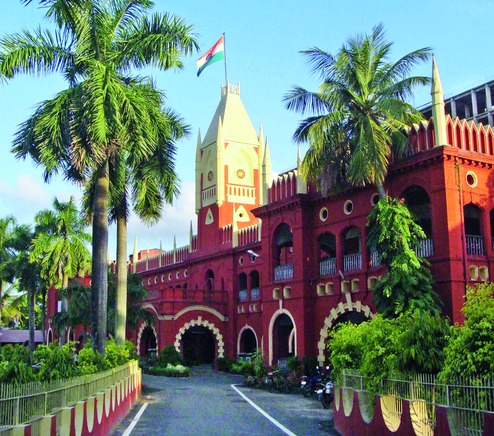
Cuttack, Sept. 17: Orissa High Court has stressed on the need for change in the attitude of people, while expressing concern over "unabated" murders and other serious crimes "in the name of witchcraft, sorcery and superstitious practices" in the state.
"The horrendous and lurid scenarios of obsolescent superstition of witch-hunting have taken many an innocent life," the court said while recently rejecting the bail plea of several persons accused in a witchcraft-related murder at a village in Rayagada district.
In this particular case, the deceased was dragged from his house by the villages because they suspected him of be practising witchcraft. They tied him to an electricity post, assaulted him mercilessly till he died and then packed his body in a gunny bag along with stones and threw it into a river.
The court was of the view that the tribal-dominated rural areas with widespread superstitions and beliefs, where there is limited access to medical care, education and justice "are prone to witch-hunting".
The court said witch hunting-related crimes had many angles. More than the killings, the victims were subjected to abject humiliation, social ostracising and torture. Incidents like severe beating, parading naked, feeding of excreta or chaining to posts were common. The victims are mostly women, widows and childless people who serve as healers or render services to the community.
"The lack of proper education, economic development, scientific temper and mass awareness programmes are the cause for superstitions which are violent, dangerous, destructive, harmful and inhuman. There is a need to change the mindset of the people which can help in eradicating superstitions," Justice S.K. Sahoo said in his 11-page judgment, a copy of which is in possession of The Telegraph.
"The enactment of Odisha Prevention of Witch Hunting Act, 2013, is one of the positive steps in that regard for achieving the goal," Justice Sahoo said in his judgment.
Odisha was one of the pioneering states to enact legislation to exclusively deal with witch-hunting, witchcraft and other similar practices. It not only prohibits such acts but also makes it a non-bailable offence that invites imprisonment up to three years and a fine of not less than Rs 1,000.
The state government was forced to bring a bill in December 2013, after the high court took note of a series of witch-hunt incidents in the state. It was made into a law in February last year.
Despite the ban, the practice of witch-hunt continues unabated, prompting the state crime branch police to conduct a specialised training of police officials in March this year to sensitise them about legal provisions.
Over the past nine months, eight witch-hunt cases have been reported in the state. The last one was at a village in Keonjhar district where six members of a family, including four children, were hacked to death.










